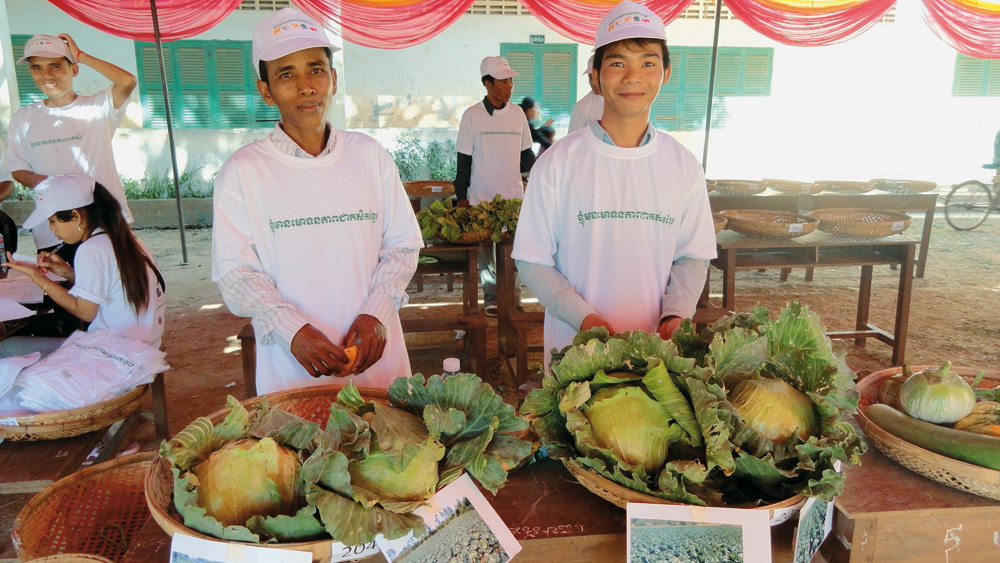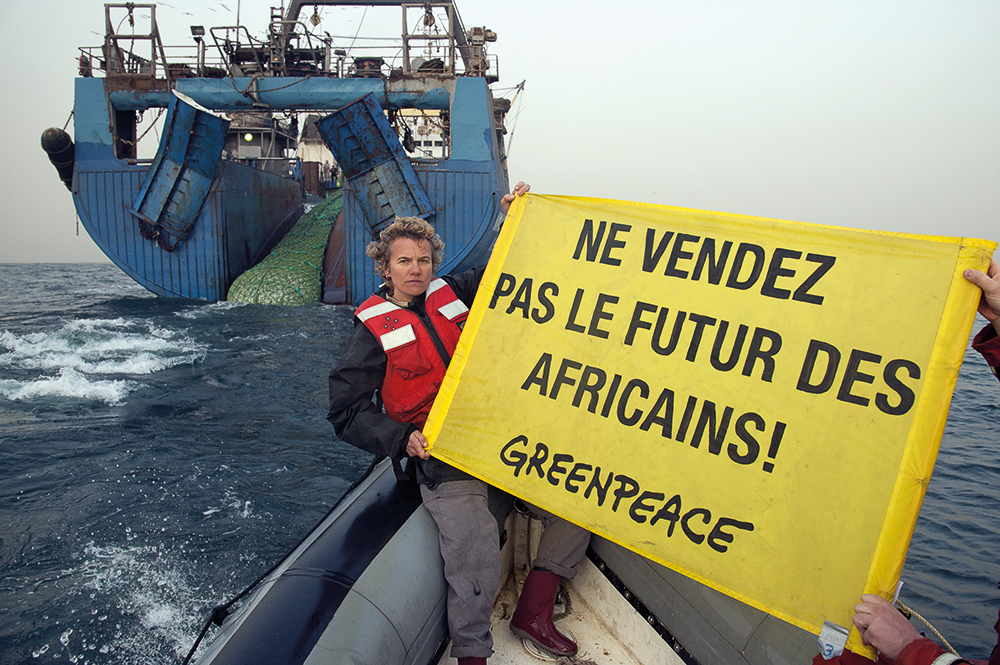Location
The international journal Rural 21 has dedicated more than 40 years to all topics surrounding rural development. Its ambition is to further those strategies and policies that strengthen rural areas of developing and newly industrialising countries and encourage their implementation. The journal addresses the complete range of relevant themes – from agriculture and fisheries via capacity building and education through to health and social security, energy supply and trade. Center-stage is always devoted to inquiring into how measures and strategies can contribute to global food security and to reducing poverty.
Rural 21 desires to further the dialogue between science and politics, the private sector, civil society and practitioners. Two platforms are designed for this purpose: Rural 21 in print is published four times a year, each issue highlighting a specific focus of rural development – this print edition is read in more than 150 countries. In parallel, Rural 21 online keeps the rural development community up to date on news and events, scientific findings and other print and online publications.
Rural 21 is published by DLG-Verlag GmbH in Frankfurt/Germany. Financial partners are BMZ (German Federal Ministry for Economic Cooperation and Development), GIZ (Deutsche Gesellschaft für Internationale Zusammenarbeit), DLG (German Agricultural Society – Deutsche Landwirtschaft-Gesellschaft), SDC (Swiss Agency for Development and Cooperation) and Helvetas Swiss Intercooperation.
The first issue of Rural 21 dates back to 1968. From 1974 to 2007, the journal was published in three languages entitled "entwicklung & ländlicher raum" / "agriculture & rural development" / "agriculture & développement rural". In 2008, the journal was relaunched as "Rural 21".
Members:
Resources
Displaying 66 - 70 of 319Family farming – a model with a future?
Is there good reason to make family farms a focus of global attention for a year? Or is it not rather reckless to advocate a concept while completely disregarding the fact that the necessary conditions are often not in place? A few entirely personal thoughts on the International Year of Family Farming.
What is so special about family farms?
Family farms are especially well suited to meet the challenges of labour organisation in agriculture. In early stages of development, they play a particularly important role in creating productive employment for the major share of the population. Moreover, they have strong incentives to use their resources sustainably so as to pass them on to future generations. Yet, family farms should not be romanticised. Often, they only survive by working longer hours and accepting lower incomes than people employed in other sectors of the economy.
Agricultural biodiversity: the foundation of resilient family farms
In a world of rapidly changing conditions, enhancing the adaptability and hence the resilience of family farms is crucial to their viability. Here, diversity plays an important role, as the following article demonstrates.
Rebuilding soil natural capital
Throughout the world, demands on finite soil resources are ever increasing, and can lead to irreversible soil degradation, as the soil is used beyond its “bio-capacity”. A quarter of the inhabitated land area has already been affected by human-induced soil degradation. Against this background, soil remediaton is becoming more and more important. Focusing on the rehabilitation of oil-contaminated soil in Kuwait, the following article shows how it works, and where the problems lie
More than just a business
Family farming has many different meanings to many different people. While such farms come in all shape and sizes, one thing all practitioners agree on is that family farming is more than a business – it’s a way of life. The following article shows what constitutes this way of life, the challenges that family farms in Europe and throughout the world face and why and how the European Union supports this type of enterprise.





